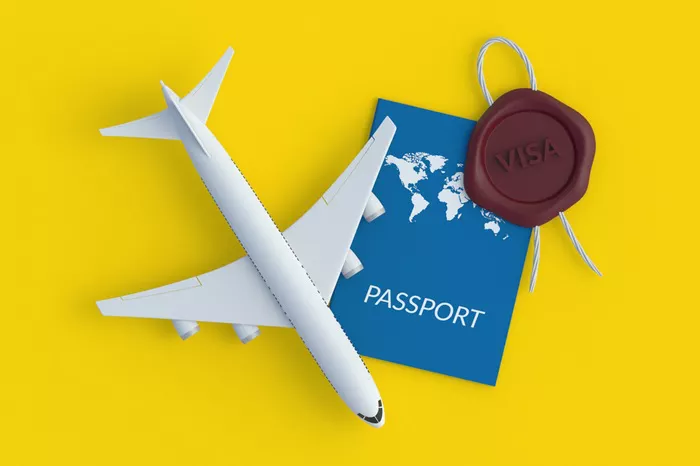On June 12, 2025, the National Immigration Administration of China announced that Indonesian citizens can now enjoy the 240-hour visa-free transit policy when traveling to China. This expansion brings the total number of countries eligible for this policy to 55.
Travelers from these 55 countries, including Indonesia, Russia, and the UK, only need to hold valid international travel documents and confirmed interline tickets. They can enter China through any of the 60 open ports across 24 provinces, municipalities, and autonomous regions, and stay within the specified areas for up to 10 days. During this period, they can engage in activities such as tourism, business, visiting, and family reunions. However, activities like work, study, and news reporting still require prior approval and appropriate visas.
Since the beginning of 2025, several significant policy documents on promoting consumption have focused on inbound tourism. In January, the General Office of the State Council issued measures to optimize inbound tourism policies, expand the scope of one-sided visa-free countries, and appropriately extend visa-free periods. In March, the “Boosting Consumption Special Action Plan” again emphasized developing inbound consumption, expanding the scope of one-sided visa-free countries, and optimizing regional visa-free policies.
According to the “2024 National Economic and Social Development Statistical Bulletin,” in 2024, China received 131.9 million inbound tourists, with a total spending of $94.2 billion, up 60.8% and 77.8% respectively compared to 2023. The number of foreigners entering China visa-free reached 20.12 million, a 112.3% increase. A research report by Shenwan Hongyuan Securities shows that from January to May 2025, the number of international flights increased by 21.1% year-on-year, while domestic flights decreased by 0.6%. During the May Day holiday, inbound tourism orders increased by 141% year-on-year, much higher than the 20% growth in domestic county tourism.
The report also pointed out that international experience shows that the opening of the service industry can effectively boost the inbound tourism market. Countries that continuously relax visa policies have seen inbound tourism grow for more than a decade. For example, after Japan relaxed its visa policy in 2013, the proportion of tourism in service exports increased by 14.4 percentage points to 25% in 2025. The report added that in April, the State Council approved the “Work Plan for Accelerating the Comprehensive Pilot Program of Service Industry Opening up,” which will help further release the demand for inbound tourism.
Related Topics:
- New Intrepid Trips Combine Hiking with Advocacy for National Parks
- Local Hotel Chains Gain Ground Amid China’s Corporate Travel Cutbacks
- Equatorial Guinea’s Vice President Dismisses US Travel Ban Impact

